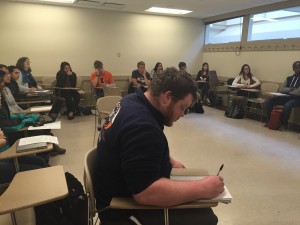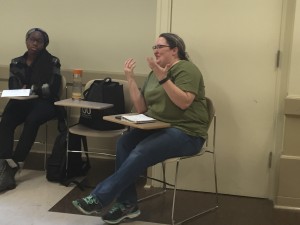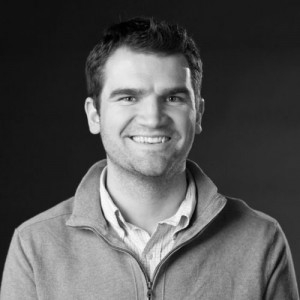 We didn’t put it on the bucket list, but you should still do it: take a course to help your career planning. The Department of English offers three, all of which have the same number, English 199. (Yes, it’s confusing–we’re working on that….).
We didn’t put it on the bucket list, but you should still do it: take a course to help your career planning. The Department of English offers three, all of which have the same number, English 199. (Yes, it’s confusing–we’re working on that….).
For Fall 2016, here’s a quick guide to help you figure out which course you should take, complete with the numbers that will help you enroll in it.
ENGL 199 – CP2: Career Planning for Humanities Majors
- Wednesdays, 5pm – 6:30pm. EB 131
- Oct. 19 – Dec. 7 (second eight weeks)
- One credit
- Who should take it: Students at ANY stage of their studies in a word-centered “impractical” major like English or CW. Whether you’re a new student with no career plans or a graduating senior needing to find a job fast, this course will help move you towards your goals. You will learn to network, write an effective resume and cover letter, present yourself to potential employers, interview, and research potential careers,
- How to register: use CRN 50105
ENGL 199 – MMM: Career and Internship Fair Prep
- ONLINE Aug. 22 – Oct.14 (first eight weeks)
- One Credit
- Who should take it: Students at ANY stage of their studies who want to explore career possibilities and connect to potential employers by attending career fairs. This course is specifically designed to prep you for the LAS Internship Fair, which will take place Oct. 19, the week after the course has ended, but the skills you learn will be applicable to any career or internship fair, including the Illini Career and Internship Fair, the Business Career Fair, or the Arts and Culture Career Fair. You will learn to tailor your resume, research career fair opportunities, construct an effective elevator pitch, network, and use the career fair to advance your own goals.
- How to register: use CRN 65563
ENGL 199 – INT: Internship Seminar
- Thursdays, 3:30pm – 4:30pm. EB 131
- Oct. 20 – Dec. 1 (second eight weeks)
- One credit
- Who should take it: Students who have located a fall semester internship for which they wish to receive academic credit. This course will help you weave your internship experience into your overall career path and help you speak and write effectively about the skills you have gained through your internship.
- How to register: When you have lined up a fall semester internship, contact Kirstin Wilcox, Director of Internships, and she will make sure you are cleared to enroll in the course.
`

 popular demand, here are some of the sites that U of I English/CW majors have found helpful for landing jobs:
popular demand, here are some of the sites that U of I English/CW majors have found helpful for landing jobs: field for English/CW majors and anyone else interested in making creative content, but it’s also highly competitive, drawing people from a wide range of fields who love video games. To learn more about how English/CW and other humanities majors can position themselves to enter this industry, we brought Anne Odom to campus on April 12. Anne works as a project manager for DS Volition, the video game company here in Champaign. It’s not the career one might expect from someone who majored in philosophy and minored in Russian literature in college, but Anne argues that her experience in making arguments. wrestling with complex material, and using her intellectual curiosity has helped her be good at what she does.
field for English/CW majors and anyone else interested in making creative content, but it’s also highly competitive, drawing people from a wide range of fields who love video games. To learn more about how English/CW and other humanities majors can position themselves to enter this industry, we brought Anne Odom to campus on April 12. Anne works as a project manager for DS Volition, the video game company here in Champaign. It’s not the career one might expect from someone who majored in philosophy and minored in Russian literature in college, but Anne argues that her experience in making arguments. wrestling with complex material, and using her intellectual curiosity has helped her be good at what she does. We add new alumni to the Department of English
We add new alumni to the Department of English